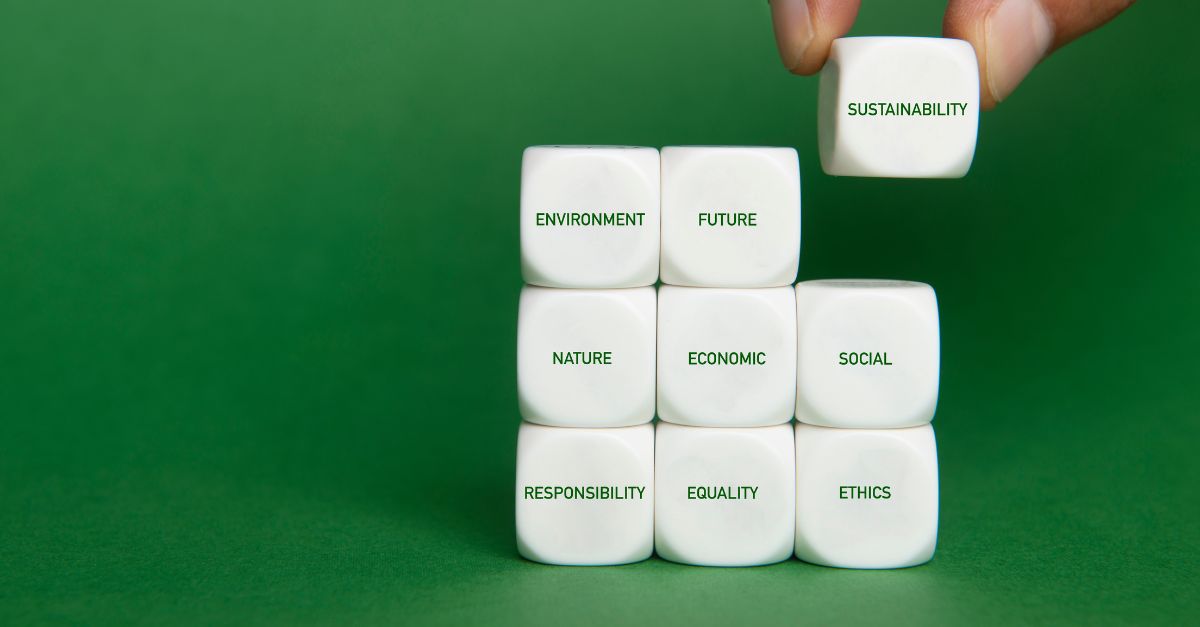Sustainability is both an internal and external challenge facing every organisation in every industry. Internally, it means securing the skills vital to achieving future growth while at the same time following an environmental agenda demanded by both regulators and, increasingly, customers. Externally, it means social responsibility in terms of equality and diversity, and working towards net zero operations.
Here, Copart, Solera and e2e Total Loss Management share their sustainability achievements and objectives.
Copart
Throughout our 40-year history, and now as the global leader in vehicle remarketing and recycling, Copart plays a major part in enabling a sustainable approach to vehicle recycling across the globe.
Since our inception in 1982 Copart has facilitated the re-use and recycling of millions of vehicles each year, and the resulting positive environmental impact.
From a global perspective, we’re proud to have delivered proven environmental benefits of increased efficiency and a reduced carbon footprint, and, offset by the provision of recycled vehicles worldwide which we calculate to have avoided new parts manufacturing CO2 by more than 100-fold our own Scope 1 and Scope 2 CO2e emissions.
Our overarching Plan-Net-Zero programme, which is now well underway and is already delivering results with a range of initiatives including:
- A company-wide roll out of The Carbon Literacy Project training programme, where we’ve already achieved a Silver accreditation in record time. We are now working towards Gold and then Platinum status.
- Ensuring the ‘Greenest Fleet on the Street’ – an ongoing fleet replacement and expansion programme to provide DVS/Euro VI compliancy and lower mileage, fuel consumption, and emissions.
- A sustainable infrastructure and evolution of our biodiversity spaces to ensure effective energy consumption and waste management.
We are also very proud to have made a commitment to The Science Based Targets initiative (SBTi), joining more than 3,000 businesses that are working towards reducing their emissions alongside our commitment to Ecovardis Business Sustainability Rating – the world’s most trusted scheme.
Given our position as the world’s largest vehicle recycler, we believe strongly in the commitments we have made towards sustainability, and we continue to work on behalf of, and for, our customers, to ensure we pro-actively manage our impact to the climate change crisis.
Solera
It has never been more important for all companies to demonstrate their Environmental Social and Governance (ESG) credentials. This means showing care for our environment, for people and for proper governance, and making meaningful reductions in carbon impact.
Solera is helping insurance providers across the globe change their working practices for the better, reduce their impact upon the environment, and be able to report their achievements fully and easily – all while improving customer service and their own bottom line.
There are several points at which businesses can reduce the CO2 emissions associated with their and their partners’ business activities.
Fore example, decarbonising the UK’s fleets is a top priority as road transport is the leading source of greenhouse gas emissions.
Neil Garrett Sales Director, said, “Solera can help fleet insurance customers to decarbonise their fleets. We have unparalleled access to emissions data by vehicle model and type, including 10-plus years of historic CO2 emissions datafor vehicle make, model and derivatives, blending DVLA anonymous data with in-house data.”
Solera is able to use this data to assess the current performance of the fleet portfolio, identify any poorly performing areas of the business and calculate its current emissions impact.
Meanwhile, Solera’s automotive insurance solution is designed with efficiency of the claims journey as its number one priority. Hence, our platform intrinsically enables the customer to eliminate waste, all of which has a carbon cost. By reducing admin time, providing intelligent automated estimates at FNOL, correctly identifying total loss vehicles at the very start of the process, and bringing all partners into a single workflow platform for estimates and invoicing, we increase the efficiency of claims management at every stage.
Neil added, “Every efficiency means a saving of time, energy, transport or money – and also reduces the carbon impact of the claim as a whole. Every action businesses take has a carbon cost, whether sending an email or making a phone call. Every time we can eliminate or reduce these steps, business activities become more environmentally friendly.”
e2e Total Loss Vehicle Management
As part of the insurance supply chain, the vehicle recycling industry has been proactive in creating a sustainable future and reducing environmental impact with responsible business practices for decades.
Vehicle recyclers are targeted by the Environment Agency [EA] to recycle 95% of all end-of-life vehicles and annually report their compliance to DEFRA. e2e’s network members exceed EA targets and safely dispose of hazardous materials such as coolant, brake fluid, and air conditioning gases and then extract all the useful components like metals, plastic, rubber and glass for re-use.
Vehicles have significant carbon costs attached to every single component within them. This comprises the energy used in the extraction of raw materials, transportation to a parts manufacturing facility, then on to an assembly factory to be brought together as a vehicle and finally, more than likely transported halfway around the world on a ship.
Carbon accounting for the full life of any vehicle is very complex, depending on many variables; but reducing wastage and efficiently separating and recycling materials can deliver extensive savings.
The vehicle recycling industry provides both future materials security and opportunities for carbon reduction through its supply of reclaimed parts. e2e provides access to an inventory of over five million quality-graded, warranty-assured reclaimed parts to insurers and bodyshops.
Focussing on sustainability at a network and individual member level, e2e has recently concluded a major study and review of our entire approach to Environmental, Social and Governance [ESG] issues and opportunities. ‘Project Sustain’ is currently reporting back to network members and the conclusions are due for public launch shortly.
We have examined the core fundamentals of how we operate as a network, the environmental action plans of individual members, and the real opportunities that exist for us to make a further significant difference in our industry.
If you would like to contribute to March’s feature, Vehicle technology and its influence on claims, or contribute to our growing content output in another way, please email alanfeldberg@iloveclaims.com
















